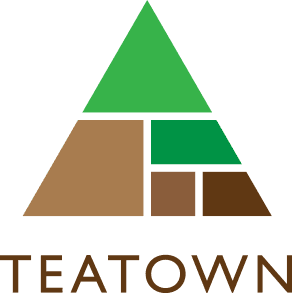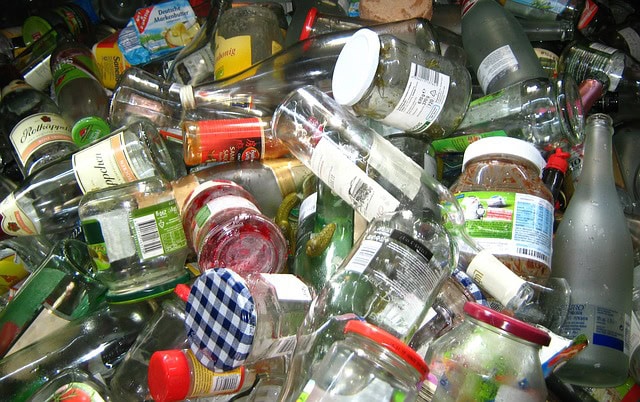When it comes to recycling, less is sometimes more
Recycle less? Doesn’t that go against everything we’ve been taught? Yes and no. It’s complicated.

As you’ve probably heard by now, China stopped taking our recycling because it’s too contaminated with non-recyclable materials. While some of the contamination comes from reckless trash disposal, much of it is the result of well-intentioned, but misguided, recycling efforts. Erring on the wrong side of caution, people have been putting any item into their blue bin that seems like it might be recyclable, rather than adhering to the list of materials supported by their municipal waste collection service. This type of behavior has been termed ‘aspirational’ or ‘wishful’ recycling, and it’s responsible for sending otherwise usable loads of plastic and paper to the landfill or incinerator.
Waste management is a business, and contaminated loads just aren’t profitable. If an environmentally conscious household places their plastic recycling in a plastic bag, that bag can clog sorting equipment, forcing a plant to shut down until the issue is addressed. For this reason, most waste haulers prohibit plastic bags and other thin plastic films in curbside pickup. Still, plastic bags continue to arrive in a steady stream at processing facilities despite the haulers’ pleas. Countless other non-accepted items like numberless plastic toys, clothing hangers, and diapers contribute to the growing accumulation of unmarketable bales of material being held at recycling facilities across the country.
Dirty containers are also infamous for their ability to contaminate large loads. Leftover food scraps, oils, and other substances can be difficult to separate from the useful material or may alter it chemically, and most processing plants are not equipped for such meticulous work. While sorting machines may be able to separate recyclables by categories of waste, it’s up to individual workers to clean contaminated items. Public recycling bins are hotspots for this type of contamination and ‘wishful’ recycling. Few people eating on-the-go-type meals have access to washing stations, so they toss dirty vessels into the recycling figuring it’s better than throwing it away. In reality, contaminated material should be thrown in the garbage or taken home to be cleaned. It feels wrong to throw out potential recyclables, but it’s actually better for the environment. And remember, the easiest way to avoid contamination is to reduce what you consume and reuse materials before resorting to the recycling bin.
Follow these tips next time you’re tempted to toss something into the recycling:
- When in doubt, throw it out. If you aren’t sure if an item is recyclable, it’s better to throw it away.
- Never recycle dirty material. If you find yourself out and about without time to clean an otherwise-recyclable item, throw it away. If you can, take it home to clean later. If only part of an item is contaminated (think grease on the bottom half of a pizza box), remove the contaminated piece and throw it away before placing the rest in the recycling.
- Keep items loose in your recycling bin. Never place recycling in a plastic bag as the thin plastic film will clog critical recycling equipment. This applies to similar material like cling wrap. Plastic bags can be brought back to the store they were purchased from for recycling.
- If it doesn’t have a number, throw it out. Plastic without a number is garbage. If left with recyclables, it can ruin entire loads.
- Diapers are not recyclable. This may sound obvious, but baby and adult diapers are a common contaminant that workers must hand pick before the rest can be processed.
- Use the H-MRF.* If you are a Westchester County resident, you can bring your household hazardous waste (AC units, propane tanks, tires, etc.) to the Household Material Recovery Facility in Valhalla.
- Read your town’s recycling guidelines. The best way to make sure you are recycling correctly is to familiarize yourself with your town’s recycling guidelines each year. Your town knows what it can handle (and sell) and is likely struggling to pay for their recycling program, so make sure you follow their directions exactly. Find your town’s guidelines below:
Cortlandt: Click here
Village of Ossining: Click here
Town of Ossining: Click here
New Castle: Click here
Yorktown: Click here
H-MRF for household hazardous waste: Click here
*Fees apply if you live in Somers, North Salem, Lewisboro, Pound Ridge, Bedford, North Castle, or New Castle. These seven municipalities do not contribute tax fees to the Refuse Disposal District No. 1 (RDD) that funds the construction and operation of the H-MRF.


